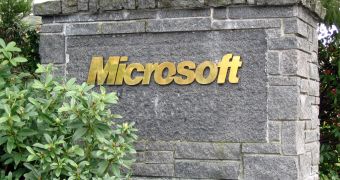Microsoft is accused in a U.S. Senate committee memo that it has avoided paying billions of dollars in taxes, using an offshore scheme for the past three years.
According to the memo, the Redmond-based company used its offshore subsidiaries located in Puerto Rico, Ireland, Singapore and Bermuda to dodge at least $6.5 billion in taxes.
Microsoft’s tax maneuver, however, is not considered illegal, but a bit unfair as the company tries to take advantage of a tax code that needs to be revised. Taxpayers are the ones most affected, said Senator Carl Levin, a Michigan Democrat and chairman of the Permanent Subcommittee on Investigations.
Bill Sample, Microsoft’s corporate vice president for worldwide tax, said at the hearing that Microsoft complies with US and foreign tax laws, but admitted that rules can be improved in the future to avoid such cases.
While Microsoft’s offshore scheme is not necessarily illegal, it helps the company keep cash for its very own business, which instead could affect the US taxpayers on the long term. Google and Apple did the same thing in the past and both of them have been accused by the government of avoiding tax payment through various channels.
Microsoft, on the other hand, says that it does not intend to affect US taxpayers and rolled out some figures to demonstrate that the Redmond-based company is actually supporting the American technology industry.
“Through our employment, compensation, and purchases of U.S. goods and services, Microsoft's operations supported roughly 462,000 U.S. jobs. In Washington State specifically, Microsoft has been the single largest contributor to economic growth since 1990; our impact on the state accounted for 32.4 percent of the total gain in state employment,” Microsoft said in a statement according to Neowin.net.
HP has also been accused of using a tax avoidance scheme, but officials also emphasized that the company did nothing more than complying with the US tax law. What’s more, they hinted that this could actually be a politically motivated attack “on one of America’s largest employers.”

 14 DAY TRIAL //
14 DAY TRIAL //